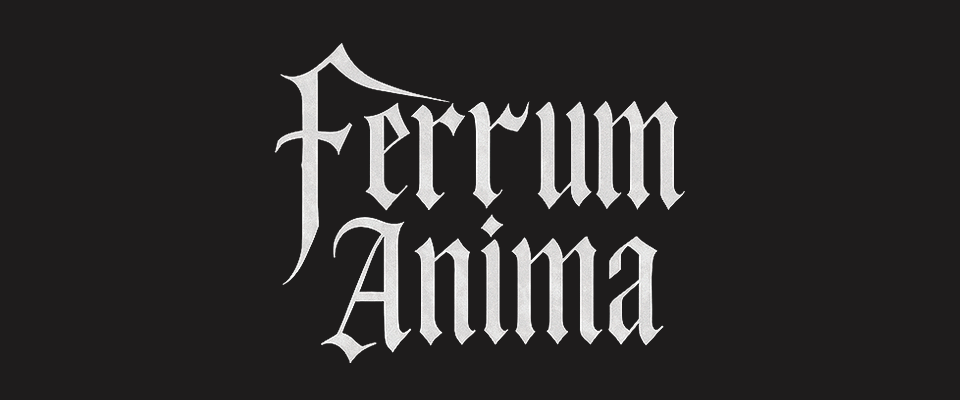Humble beginnings - the birth of a summer project
First steps and new experiences
I’ve always been drawn to handheld consoles. Over the years I’ve owned — and still own — most of Nintendo’s portable lineup, and I have a collection of over 500 Game Boy games. The Neo Geo Pocket Color remains one of my all-time favorite systems. I was also there when the original Tamagotchi launched, and I’ve played every Pokémon title up until they made the jump to the Switch.
So it 's not really that strange that I gravitate towards small handhelds with tiny screens and a couple of buttons. And when I was looking for a summer project, I found the M5stickC Plus2. It's an ESP32- PICO- V3 based tiny development board, with a 240x135 pixel screen, and three buttons. It also has WiFi, bluetooth, a six axis IMU, buzzer, IR-blaster and built in 200 mAh battery. So it's perfect for a small scale project. Now, I just had to come up with one.
What to build, and how
The first idea was to make a virtal pet, something along the line of a tamagotchi, but with a medieval or futuristic theme. My original idea also revolved around card collecting, but that quickly faded once I got the device in hand. The screen is simply too small for that. After a couple of weeks of prototyping, I finally had a (very basic) idea of what I wanted to do.
A virtual companion, designed around exploration, training, and combat.
I began sketching out three key pillars:
-
Walking as a source of experience and stat growth
-
Training to permanently enhance stats like strength, speed, and defense
-
Automatic, turn based battles, where long-term player choices shape the outcome
As someone who always gravitated toward the combat systems in virtual pet games rather than the caretaking, this approach felt like the natural direction.
What it is and what it isn't
So what is Ferrum Anima, exactly? It’s a roguelike adventure and persistent companion game, built around turn-based auto-battles, inventory management, and real-world exploration. You spend less time worrying about feeding your knight hourly, and more about making sure he is combat ready when the time comes.
The roguelike influence comes from the permadeath system. Once your knight reaches level 5, death is permanent.
The exploration layer comes from daily walks: movement in the real world earns experience and training points to improve your knight’s stats. And enemies — along with the loot they carry — are discovered through that same exploration.
The game (currently) breaks into three key loops:
-
Walking and training, where your knight grows stronger.
-
Battles, where they fight monsters (and eventually other players) to gain loot and experience.
-
Care and inventory management, where you tend to your knight’s physical and mental condition. Deciding what gear to carry, what food to store, and whether they’re ready to face what lies ahead.
What’s still in development is the evolution system — arguably one of the most important parts of the game. The goal is for your knight to evolve in ways shaped by how you care for them, but also how they fare in battle. Certain stat trends, behaviors or milestones will influence the path they take — both visually and mechanically. There are already hidden metrics being tracked, but I’m still exploring how to make this evolution meaningful, surprising, and rewarding.
Ferrum Anima
A portable knight's adventure
| Status | In development |
| Author | Jonas Backlund |
| Genre | Adventure |
| Tags | esp32, portable, Roguelike |
| Languages | English |

Leave a comment
Log in with itch.io to leave a comment.